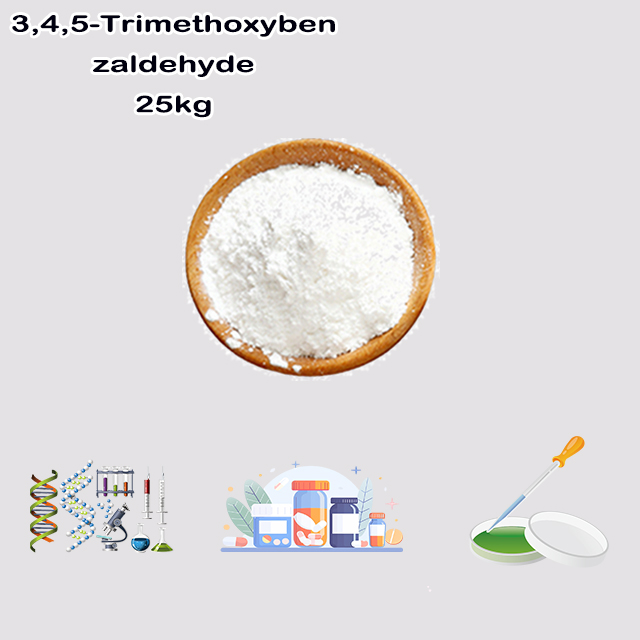
Search

Search



Opicapone is a medication used in the treatment of Parkinson's disease. It is a COMT (catechol-O-methyltransferase) inhibitor that works by blocking the COMT enzyme, which is responsible for breaking down dopamine in the brain.
Indication: Opicapone is primarily used as an adjunct to levodopa therapy in people with Parkinson's disease who experience "off" periods. These "off" periods refer to times when the effects of levodopa wear off, and Parkinson’s symptoms (such as tremors, rigidity, and bradykinesia) worsen.
How It Works: In patients with Parkinson's disease, the brain has a shortage of dopamine, a neurotransmitter that helps control movement. Levodopa is often used to replace dopamine, but it is broken down too quickly in the body, especially in the peripheral tissues. Opicapone works by inhibiting the COMT enzyme, which prolongs the effects of levodopa by preventing its breakdown, thus helping maintain more stable dopamine levels in the brain.
Administration: Opicapone is typically taken as a once-daily oral dose, making it convenient for patients compared to some other COMT inhibitors that require multiple doses per day.
Opicapone is a medication primarily used in the treatment of Parkinson's disease, specifically as an adjunct to other Parkinson's disease treatments. It is a COMT (catechol-O-methyltransferase) inhibitor. Here’s how it works and its main application:
Opicapone works by inhibiting the COMT enzyme, which is responsible for breaking down dopamine. By blocking this enzyme, opicapone helps increase the levels of dopamine available in the brain, which is particularly important for patients with Parkinson's disease. Parkinson's disease is associated with a deficiency of dopamine in certain areas of the brain, leading to symptoms such as tremors, stiffness, and bradykinesia (slowness of movement).
Parkinson's Disease:
Opicapone is used in combination with levodopa/carbidopa to help improve the management of Parkinson's disease. Specifically, it is used in patients who experience "off" periods, where the effects of levodopa wear off, and the symptoms of Parkinson's disease return before the next dose.
It is a once-daily medication, which makes it convenient compared to other COMT inhibitors like entacapone, which require multiple doses per day.
Improvement of Motor Symptoms:
By extending the effect of levodopa, opicapone helps to improve motor function and reduce "off" periods, where the patient may experience worsening symptoms.
Common side effects can include:
Dyskinesia (involuntary movements)
Insomnia
Urinary tract infections
Low blood pressure (hypotension)
It is typically prescribed when other treatments are not fully effective in managing Parkinson's symptoms.

Fortunachem Provides Not Only Professional Chemical Products But Also Professional Help



ethylamine主图.jpg)
Keeping you up-to-date with all the latest information, news, and events about Fortunachem!

Quick Links
Add:
E-mail:
 English
English  Español
Español  français
français  العربية
العربية 


